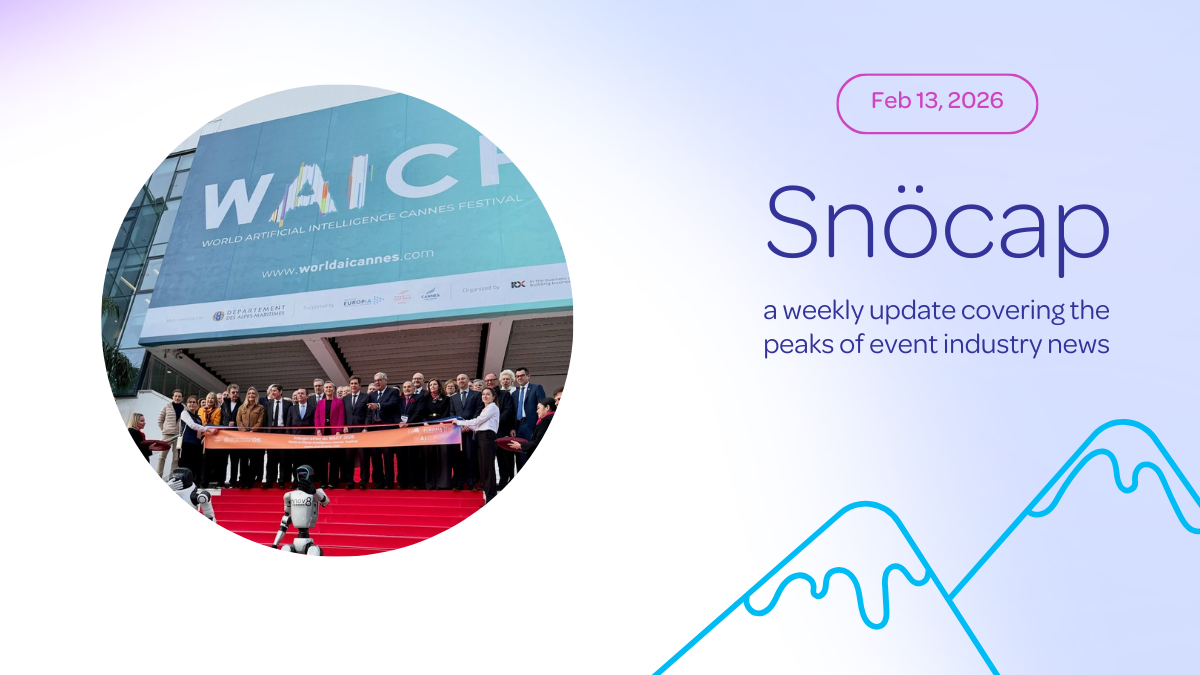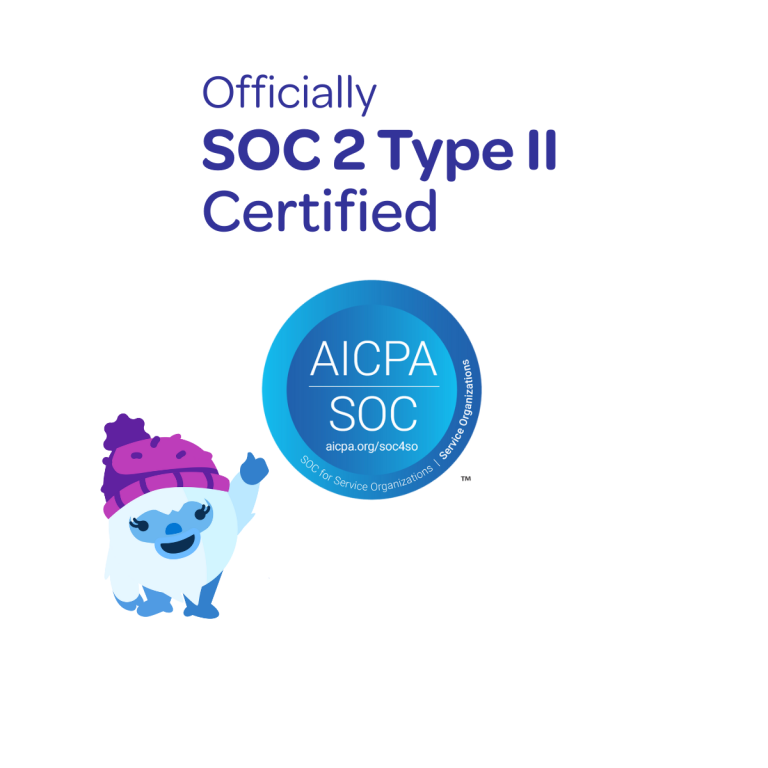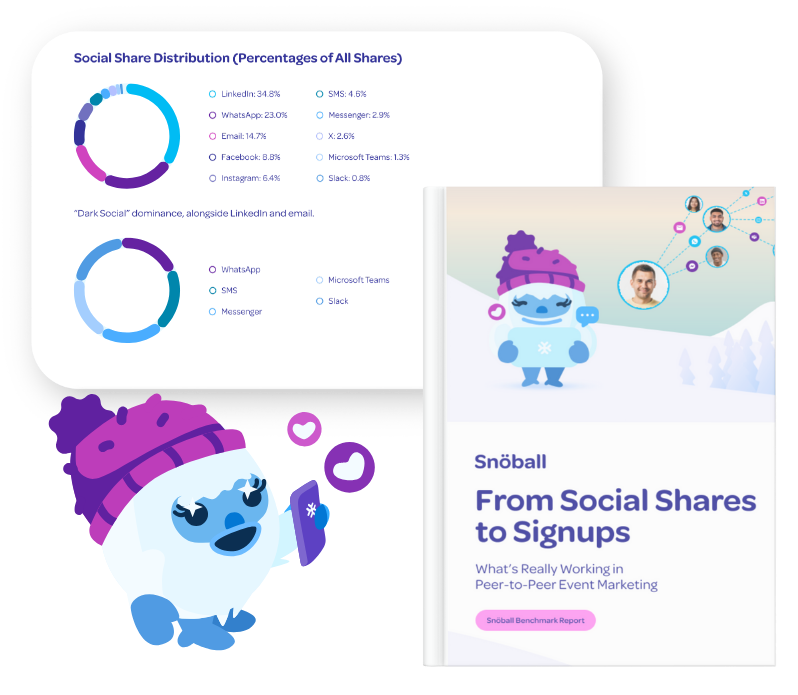You don’t have to go far to look for the most lucrative part of your event marketing strategy – you already have it. What is it? It’s the audience that comes with your sponsors.
There are many reasons why your sponsors should be invested in the success of your event. For them, they can gain brand awareness, media placements, qualified leads, and more. The blog Live About claims that event sponsorship as a marketing strategy is more direct than the uncertainty of traditional advertising. They’re guaranteed to hit a specific target market.
With all of these reasons for sponsors to be an advocate for your event, why do most even leave their sponsors’ audiences as an untapped marketing opportunity? Most event owners, especially associations, underestimate and underprice sponsorships at their events.
Firstly, it’s a mindset issue. We recommend thinking of the relationship between your event or company and your sponsors as a business partnership. Once a sponsor signs your event contract, they’re affiliated with your company, and you have shared business interests. The success of your event now not only benefits your sponsors, but also your event.
This is all the more reason to be intentional with your sponsor marketing strategy and even how you choose sponsors. Think about the mission of your event and find sponsors with similar missions, this will help you make marketing decisions that benefit each other. Additionally, when making custom event promotional content for them to use, refer to their branding or design rules to not clash with their existing marketing.
Because sponsors are paying for access to the event audience, event organizers fail to mobilize event sponsors as a marketing channel for their events. This business partnership goes beyond letting your sponsors access your audience. There are many ways that you can deliver value to your sponsors, and vice versa.
1. Utilize your sponsors’ thought leaders
Your sponsors may have built-in thought leaders already. They will be employees at their company with a social media following that is relevant to your event’s topics. They already post relevant content and gain genuine interaction from their followers. Depending on how big their presence is, or how respected they are in the industry, they may even be considered industry “celebrities”.
The star quality of these employees alone may be enough to drive ticket sales to your event. Those who enjoy following those thought leaders want to meet them at your event. This goes for both in person and virtual.
If you have a virtual event, encourage your sponsors to have their thought leaders at their booth. Part of your sponsorship levels could include a branded event or session. If your sponsor chooses that, make sure that thought leader is there and it is advertised accordingly. If your event is online, maybe make them a moderator for a chat or panel. Of course, encourage and incentivize that thought leader to share about the event to their audience.
At Snöball, we believe that every team member and attendee posting on social media about your event is a potential thought leader. We also make it incredibly easy for anyone to become an advocate for your event. When anyone’s social posts about your events gain traction, our software provides them with more content to post to keep up the momentum.
2. Sponsors have reach with their customers and prospects
You don’t just have your sponsor’s social media and email audience to utilize, you have their customers and prospects. They instantly have more trust with your sponsors, as they’ve invested either their money, time, or email with them already. They’ve received massive value from your sponsor. So when your sponsor endorses your event, they’re more likely to trust them.
As long as you select relevant sponsors, then their customers and prospects will overlap perfectly with your target event audience. Their customers and leads become your qualified leads. There is likely a percentage of their audience that is already following you, or are following other people who are posting about your event. This creates a cross-promotional effect. It may seem like they see your event everywhere they go on social media, which builds FOMO.
Not everyone on your sponsor’s team is inherently a marketer. You’ll likely be working with their sales team to secure their sponsorship, however, don’t forget to loop their marketing team in. Pitch your ideas for how they can market your event and provide them with marketing materials for them to share on their social media and email channels.
3. Sponsors’ sales teams want high quality engagement opportunities with prospects
Your relationships with your sponsors is a partnership, however, it’s still inherently transactional. You’re providing the sponsor with exposure and qualified leads, and they’re helping fund your event. So, when broaching the conversation about them helping to market your event, they want to know what’s in it for them. The sales team will especially want to know how they will connect with high quality prospects.
The best way for the sales team to ensure that they build relationships with valuable prospects is by building the event themselves. If no one from your sponsor is there, brand awareness will be gained, but not much more. Invite your sponsor’s sales team so they can have direct conversations with leads.
If they are invited and plan to attend, encourage them to post about it on social media. They will likely have their own leads and customers on their professional social media, which will be relevant to the crowd you want to attract to your event. If they post about your event, it gets in front of even more relevant eyes. They can also leverage the event in lead outreach. Encourage them to invite leads to your event to learn more about the topic and their company.
4. Bottom Line
When building your marketing strategy for your event, don’t forget about your sponsor’s audience, which is prime and often untapped territory for potential event attendees. When doing so, keep your sponsors’ needs in mind. Explain to them why it’s worth it and make it easier by providing materials. The more they’re involved in your event, the more incentive they have to advertise it.





